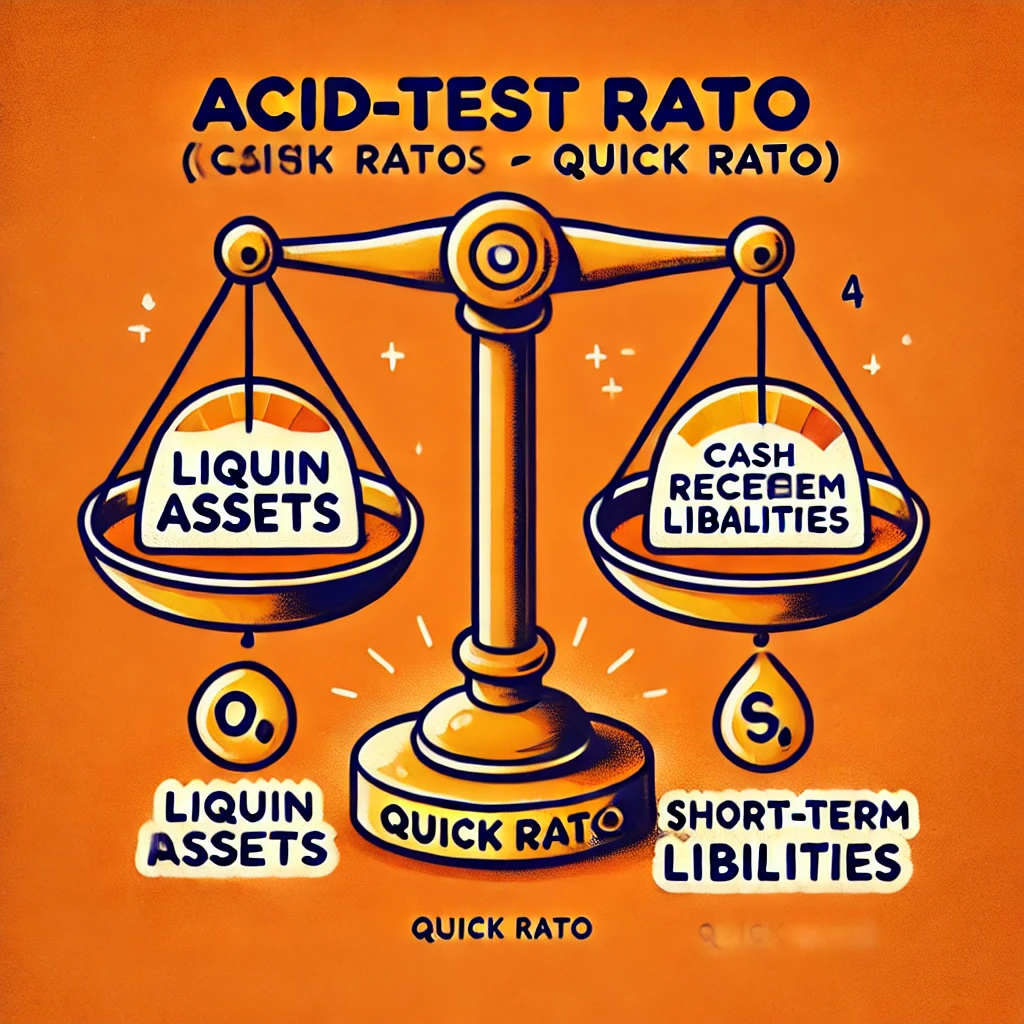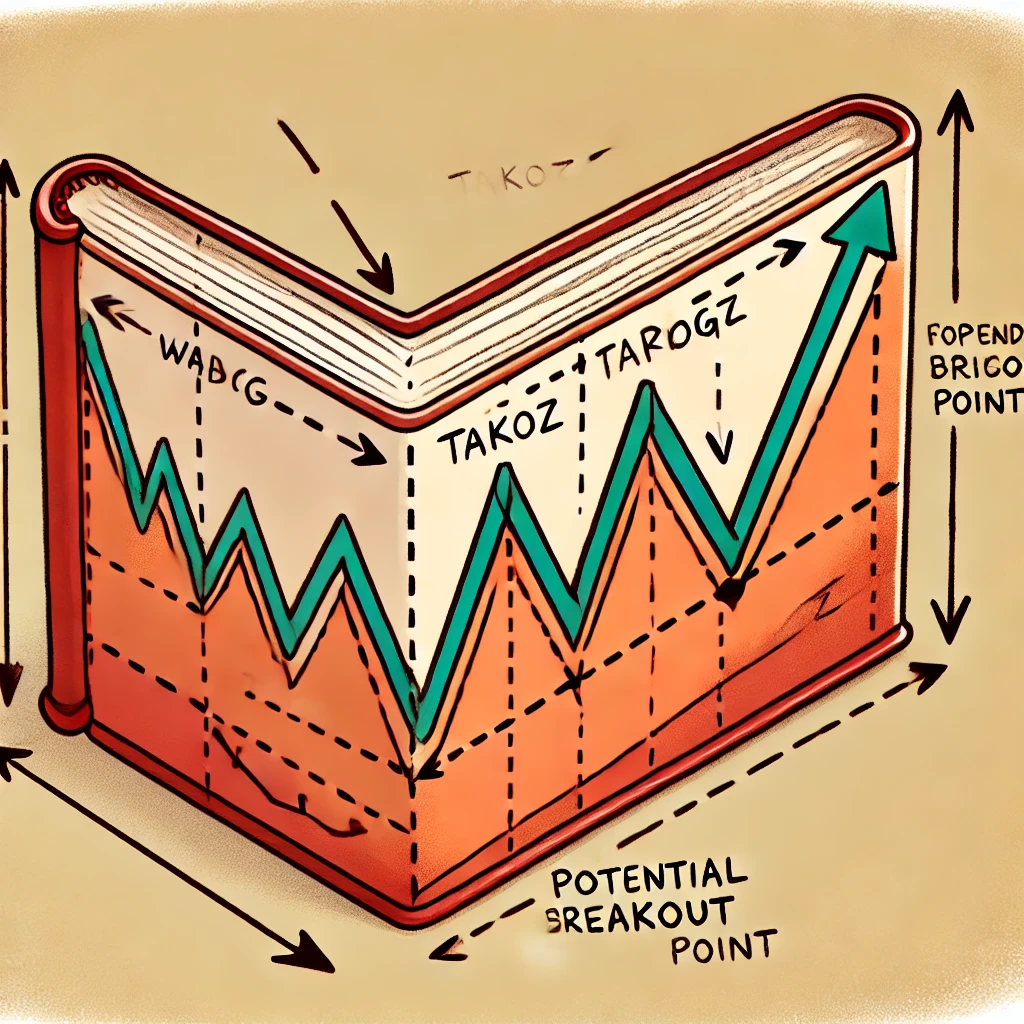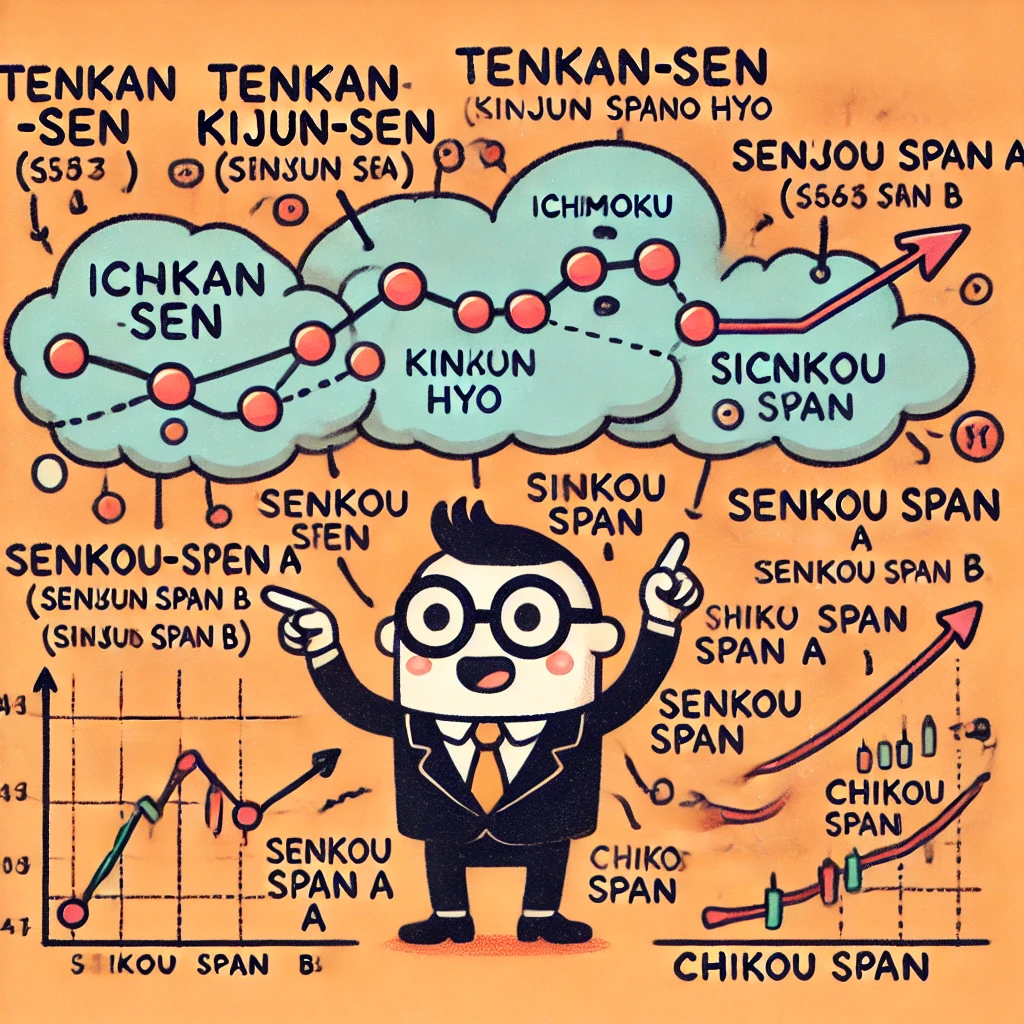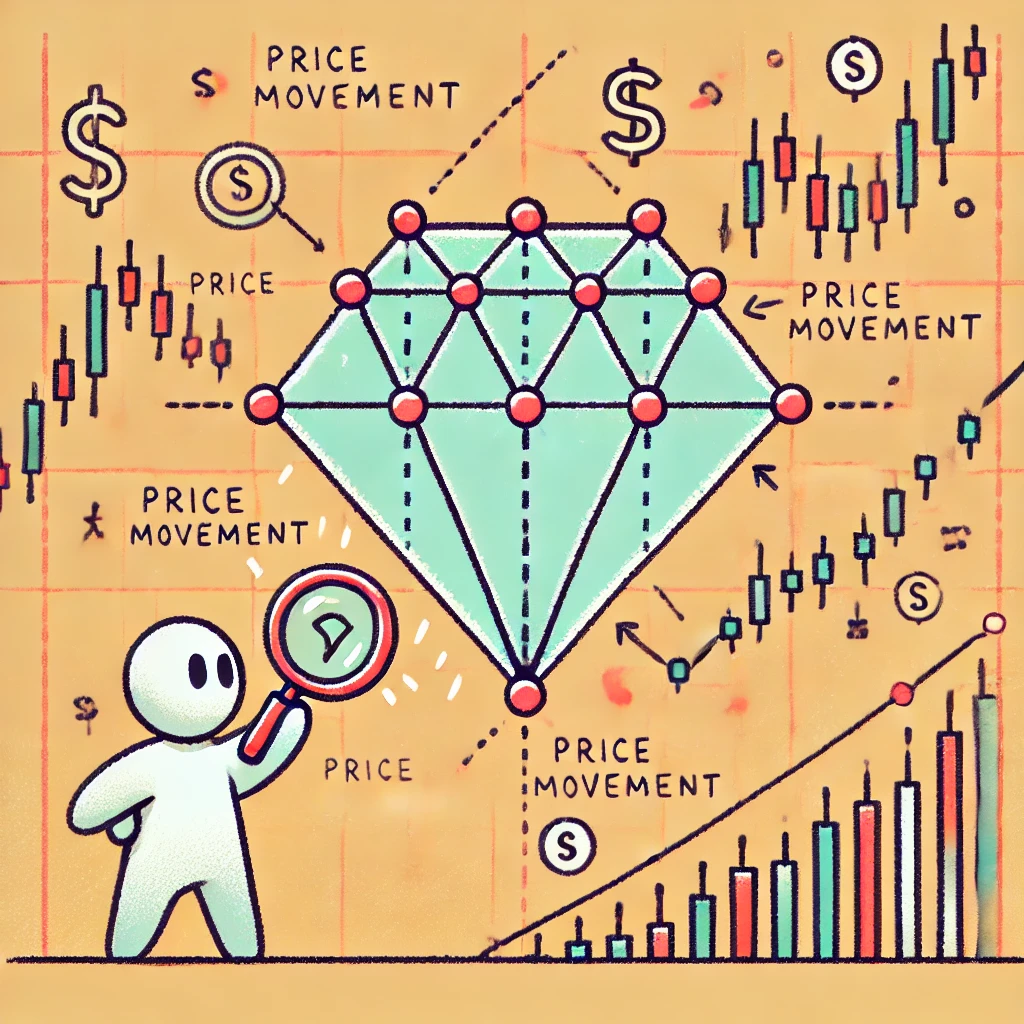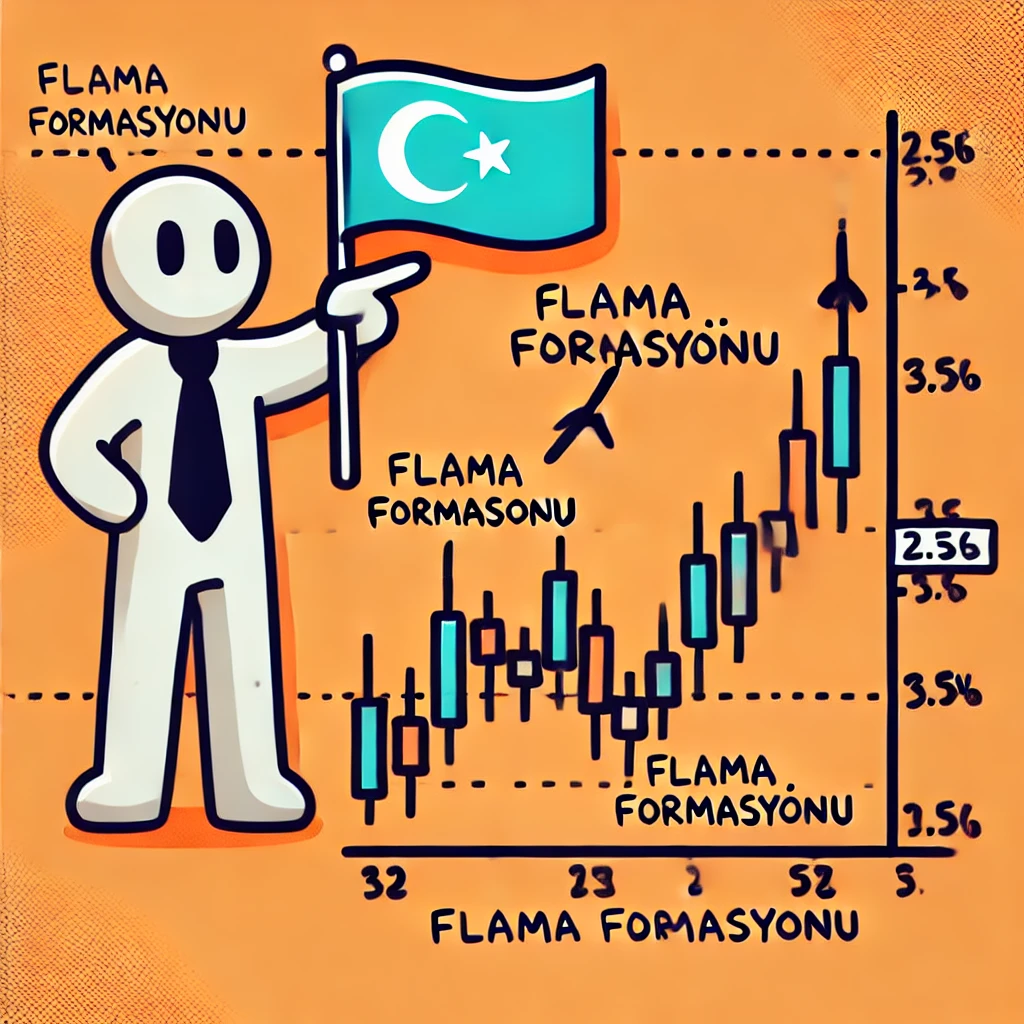How to Trade Forex?
- Open a trading account. You can open a live or demo account to trade the price movements of forex pairs. You can open a live or demo account to trade the price movements of forex pairs.
- Start your research to find the FX pair you want to trade. Use our news and analysis section to stay up to date with market news that may affect FX, and our market calendar to stay up to date with market moving events.
- Based on your research, decide whether you want to buy or sell. The research you have done is that the base currency (the currency named first in the pair) is likely to weaken or strengthen? Go long and 'buy' if you believe it will strengthen, or go short and 'sell' if you think it will weaken.
- Follow your strategy. Before making a trade, be sure to follow your strategy, which should include risk management. Also, see our tips on creating a trading plan.
- Place your forex trade. Trade forex with defined entry and exit points according to your strategy. Remember to use risk management terms such as take profit or stop loss.
- Close and mirror your transaction. Follow your trading plan and exit the market at your predicted limits. Think about how you are performing so that you can improve after every trade you make.
What is Leverage?
Leverage in Forex is a way for investors to borrow capital to gain greater exposure to the FX market. With a limited amount of capital, they can control a larger volume of trade. This can lead to larger profits and losses as they are based on the full value of the position.
Trading with leverage in forex, also called forex margin, means you can grow your profits if the markets move in your favor; however, you can also lose all your capital if the markets move against you. This is because profits and losses are based on the full value of the trade, not just the deposit amount.
Because forex trading requires leverage and traders use margins, there are additional risks in forex trading compared to other asset types. Currency prices fluctuate constantly, but in very small amounts, which means traders have to make large trades (using leverage) to make money.
Above all, you should remember that foreign currency traders are small fish swimming in a pool of skilled, professional investors, and the Securities and Exchange Commission has warned of potential fraud or information that could be confusing to the new investor.
